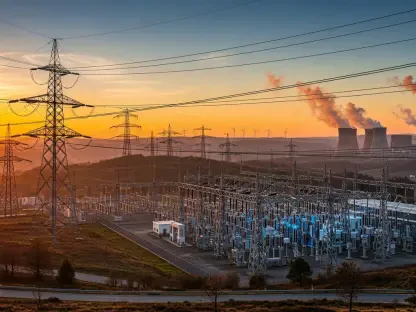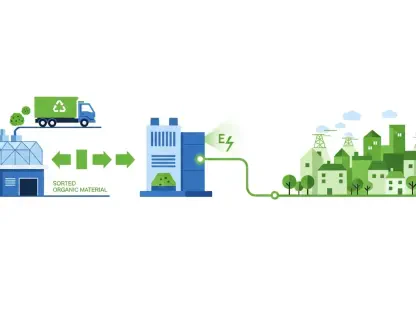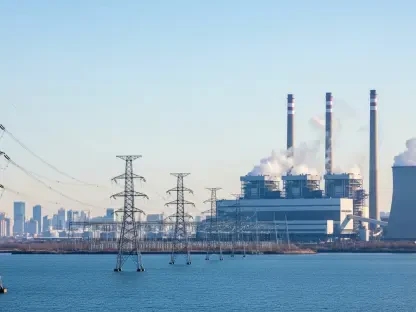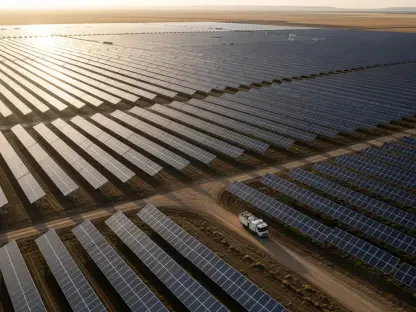Vietnam is making significant strides towards its ambitious goal of achieving net-zero emissions by 2050 with the latest amendments to its Law on Using Energy Efficiency and Conservation. An inaugural meeting led by Minister Nguyen Hong Dien at the Ministry of Industry and Trade headquarters spotlighted these efforts. The Editorial Board, comprising members from key ministries such as Industry and Trade, Finance, Transport, Justice, and Construction, as well as industry experts, convened to discuss necessary revisions. The amendments stem from Resolution No. 240/NQ-CP issued on December 17, 2024, aimed at institutionalizing the Party’s policies on energy efficiency. The existing law, effective since January 2011, has had considerable impact but needs updates to address evolving challenges effectively.
Shifting Focus to Mandatory Regulations
During the meeting, discussions covered various themes including mandatory measures for energy efficiency, encouraging technological transformation, and proposing specific incentive mechanisms like tax benefits and land-use advantages. One primary focus was the shift from incentive-based provisions to mandatory regulations to boost energy efficiency across various sectors. Implementing these mandatory measures is expected to compel industries to comply with stricter energy standards, ensuring that energy consumption is more efficiently managed. Participants reviewed the first draft of the amended law, emphasizing the need for further research to address the specialized requirements of sectors like transportation and agriculture, which have distinct energy consumption patterns and challenges.
The shift to mandatory regulations signifies a crucial step for Vietnam, illustrating its commitment to complying with international standards and improving its global standing on energy efficiency. By doing so, Vietnam hopes to create a more streamlined legal framework, enhance state management capabilities, and foster a favorable environment for international investments. These changes are instrumental in supporting the nation’s transition to an energy-efficient market, aligning Vietnam’s policies with global best practices, and ultimately achieving its net-zero emissions goal by 2050.
Future Review and Continued Commitment
Minister Nguyen Hong Dien emphasized the importance of revising Vietnam’s energy laws to meet the country’s efficiency and emissions goals. These amendments align with Vietnam’s broader vision for sustainability. The draft law, along with various proposals, will undergo further review by February 12, 2025, to ensure thorough scrutiny, address potential issues, and tailor the law to achieve Vietnam’s energy objectives. The nation emphasizes research and development to drive technological changes necessary for sustainable energy practices.
The government’s strategic revisions aim to create an environment conducive to investments and streamline the energy sector, demonstrating a solid commitment to an energy-efficient future. By adapting to new challenges and leveraging international partnerships, Vietnam sets a regional example. The blend of mandatory regulations and supportive incentives offers a balanced approach to significant energy sector changes. These efforts pave a promising path towards achieving the ambitious net-zero emissions goal by 2050, fostering a more sustainable future for the country.









